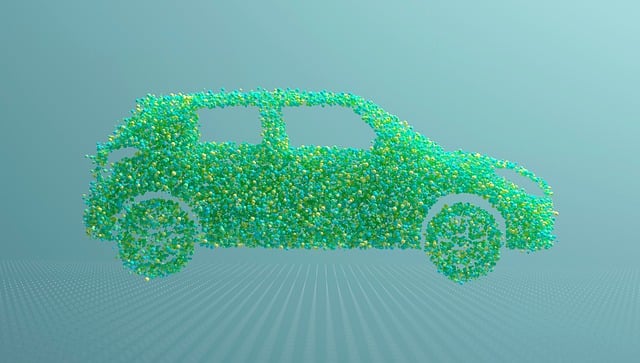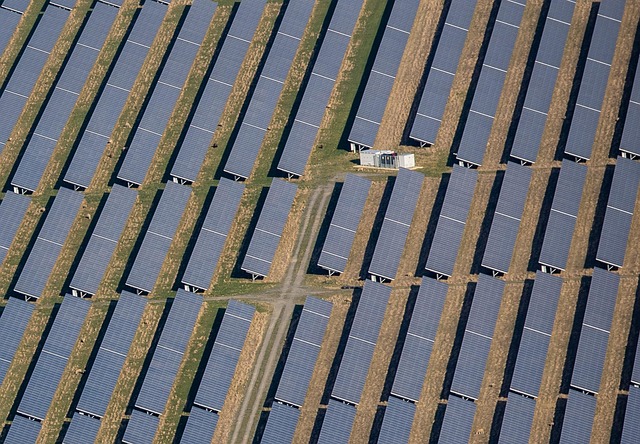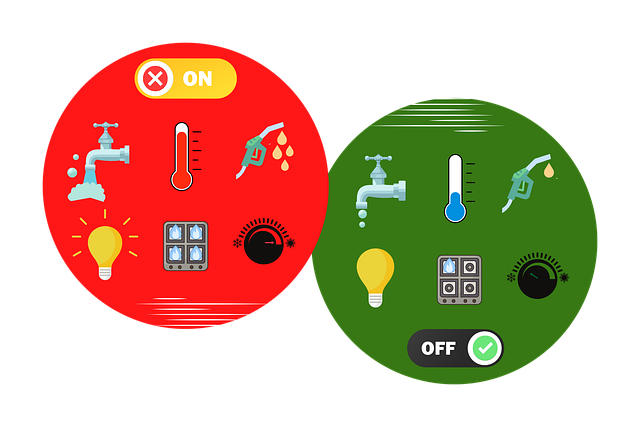Zero-emission bus technology is transforming urban transportation by replacing diesel engines with electric motors, significantly reducing harmful tailpipe emissions. Versatile enough for various sectors like eco-tourism and off-road vehicles, these buses contribute to enhanced environmental quality and greener cities. Driven by a global shift towards sustainability, including sustainable aviation fuels, zero-emission bus technology plays a crucial role in improving air quality and reducing carbon footprints. With advancements like hydrogen fuel cell technology, the future of public transportation leans towards quieter, more efficient, and eco-conscious options, benefiting both commuters and remote communities. Green car awards further promote the adoption of these select sustainable vehicles.
“Discover the future of sustainable transportation with zero-emission bus technology, a game-changing innovation transforming urban mobility. This article explores the definition, types, and key components of these eco-friendly buses. We weigh the numerous benefits and challenges of adoption, from reduced pollution to infrastructure gaps. Furthermore, it delves into global trends, emerging innovations, and policies driving the select sustainable vehicles revolution, paving the way for cleaner, more efficient public transport.”
- Understanding Zero-Emission Bus Technology
- – Definition and basic principles
- – Types of zero-emission buses (e.g., electric, hydrogen fuel cell)
Understanding Zero-Emission Bus Technology

Zero-emission bus technology represents a significant step forward in the movement towards greener and more sustainable public transportation. These buses operate solely on electric power, eliminating harmful tailpipe emissions that contribute to air pollution and climate change. By selecting sustainable vehicles like zero-emission buses, cities can play a crucial role in enhancing environmental quality and promoting green transportation infrastructure development.
This technology is not only beneficial for urban areas but also extends its advantages to various other sectors. For instance, the concept can be applied to sustainable fishing boats used for eco-tourism, providing quieter and cleaner alternatives without compromising on performance. Even hybrid SUVs designed for off-road adventures can incorporate zero-emission technologies, demonstrating that green transportation solutions are versatile and adaptable to diverse needs.
– Definition and basic principles

Zero-emission bus technology refers to vehicles designed to operate without producing any tailpipe emissions. These buses are powered by alternative energy sources, primarily electricity stored in high-capacity batteries, eliminating the need for fossil fuels. The basic principle behind this technology involves replacing traditional diesel engines with electric motors and advanced battery systems.
Select sustainable vehicles like zero-emission buses offer a greener alternative for public transportation, contributing to improved air quality and reduced carbon footprints. As the world shifts towards more eco-friendly car detailing services and sustainable aviation fuels for cleaner flights, zero-emission bus technology plays a crucial role in urban mobility’s future, promising cleaner, quieter, and more environmentally conscious cities.
– Types of zero-emission buses (e.g., electric, hydrogen fuel cell)

The future of public transport is looking greener with the rise of zero-emission bus technology. These innovative vehicles offer a sustainable alternative to traditional diesel or gasoline-powered buses, contributing to cleaner air and reduced carbon emissions. Among the leading contenders are electric buses that draw power from rechargeable batteries, making them quieter and more efficient than their internal combustion engine counterparts. Another promising option is hydrogen fuel cell technology, which converts hydrogen into electricity through a chemical reaction, producing only water as a byproduct. This technology is particularly appealing for longer routes or areas where charging infrastructure for electric vehicles might be limited.
Both electric cars for eco-conscious commuters and off-grid electric vehicles for remote areas are benefiting from advancements in zero-emission bus technology. As the demand for greener transportation options continues to grow, these sustainable vehicles are gaining traction worldwide. Moreover, green car awards and recognition highlight the industry’s progress, encouraging further innovation and adoption of these eco-friendly solutions.
Zero-emission bus technology represents a significant step towards sustainable public transportation. By understanding and adopting concepts like electric and hydrogen fuel cell buses, we can significantly reduce urban air pollution and mitigate climate change. Choosing sustainable vehicles like these is not just an environmental imperative but also a smart investment in the future of our cities, ensuring cleaner air, quieter streets, and a healthier planet for generations to come.



